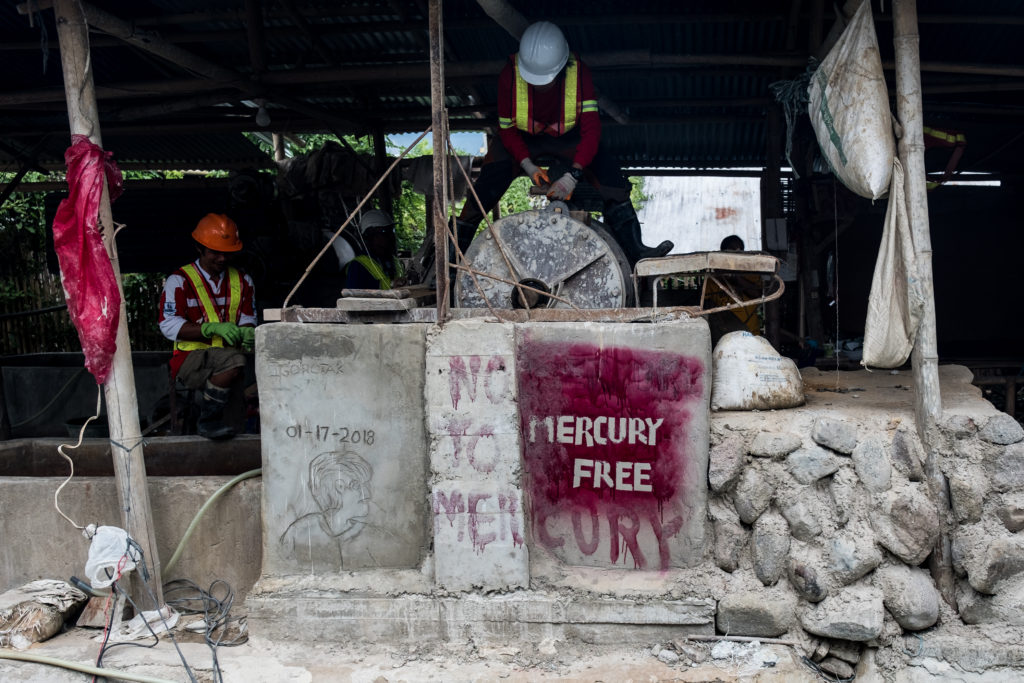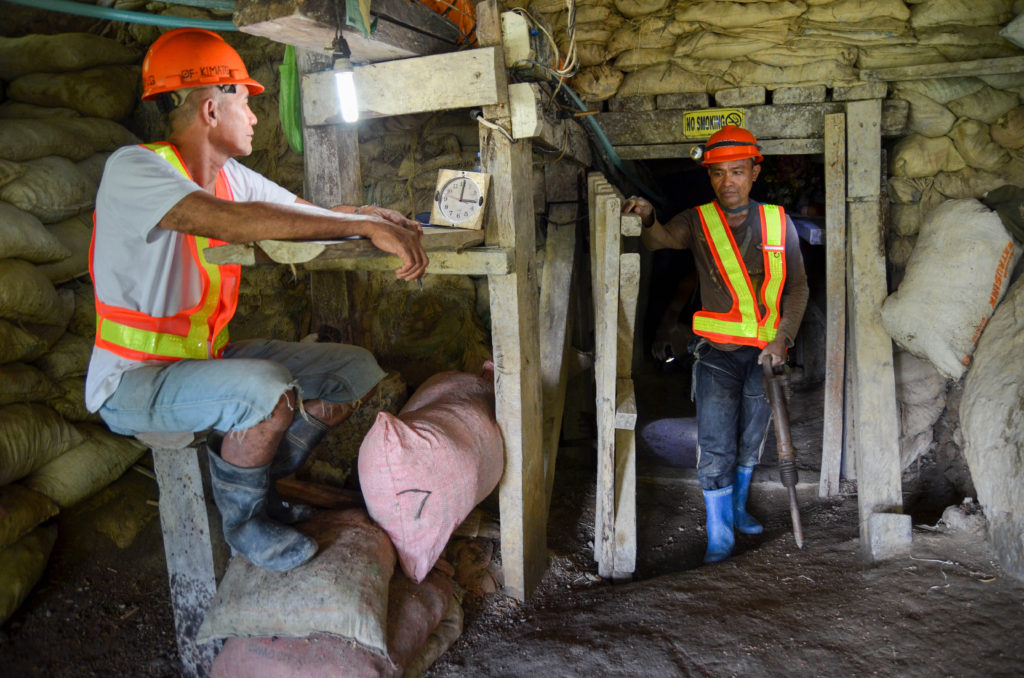SOUTH COTABATO, 20 October– Human rights-based environmental justice organization BAN Toxics partnered with Ayala Alabang Camera Club (AACC) in spreading awareness on the Compassionate Gold advocacy, the organization’s branding on responsible gold. BAN Toxics team and AACC members went to Compassionate Gold pilot site in T’boli, South Cotabato to document the best practices on mercury-free small-scale mining as well as to promote the tourism of the province on October 17-20,2019.
“We welcome this partnership with Ayala Alabang Camera Club as it combines advocacy with hobby. It brings us joy that through this partnership, we were able to showcase South Cotabato’s rich traditions as well as T’boli’s responsible small-scale mining practices,” BAN Toxics Deputy Executive Director Mr. Reynaldo San Juan, Jr. said.
The three-day photoshoot mainly focused on the artisanal and small-scale gold mining (ASGM) community in T’boli. The Provincial Environment Management Office (PEMO) headed by Mr. Siegfred Flaviano assisted the team in documenting the best practices of the municipality in gold extraction processes.
“It was quite an awakening experience to witness all the hard work that goes into every gram of gold. We went there to experience every step of the process,” said Atty. Sheilla San Diego, outgoing president of Ayala Alabang Camera Club.
Guests from AACC as well as the BAN Toxics team witnessed the whole mercury-free gold extraction process. The main steps featured are the manual extraction of gold ores from the mining tunnels and gold processing using the gravity concentration method. T’boli miners adopted the method from their fellow miners in Benguet. Major stages involved in the process include repeatedly sluicing and panning to separate the gold from the ore as well as the smelting or cooking of the gold.

Workers in a mercury-free ball mill (or gold processing sites) demonstrate a step-by-step process of extractin gold from gold ores.
Aside from the gold extraction processes, the photoshoot also boasted of Brgy. Kematu, T’boli’s safety-compliant mining operations. Miners are required to wear personal protective equipment (PPE) during operations. Moreover, they are strictly prescribed to work not beyond their eight-hour duty.

Small-scale miners practice the maximum of eight-hour working shift. They log in and out before working to monitor their working hours.
The team also documented the rich traditions of the T’boli community in Brgy. Kematu. The AACC members witnessed a full-blown traditional welcome by the whole Kematu Tribal Council headed by Brgy. Captain Benny Dela Peña.
Other sites visited in T’boli by the team are the following: Brgy. Lemsnolon Cultural Village and Bakngeb River Cave. The team also visited the School of Living Tradition and the Cooperative on Women’s Health and Development (COWHED) in Lake Sebu.
“We would like to thank the provincial government of South Cotabato particularly the Provincial Environment Management Office (PEMO), in accommodating us during our visit with the ASGM communities in T’boli. It is through their conviction that compliance of the miners on responsible mining is possible. We also acknowledge the municipal government of T’boli as well as the Brgy. Kematu’ Tribal Council for welcoming us whole-heartedly in their community,” Mr. San Juan said.
“Our organization hopes that this partnership with AACC and the provincial government of South Cotabato is only the beginning. By working together, we can share the best practices of ASGM communities and help uplift their lives,” he added.
